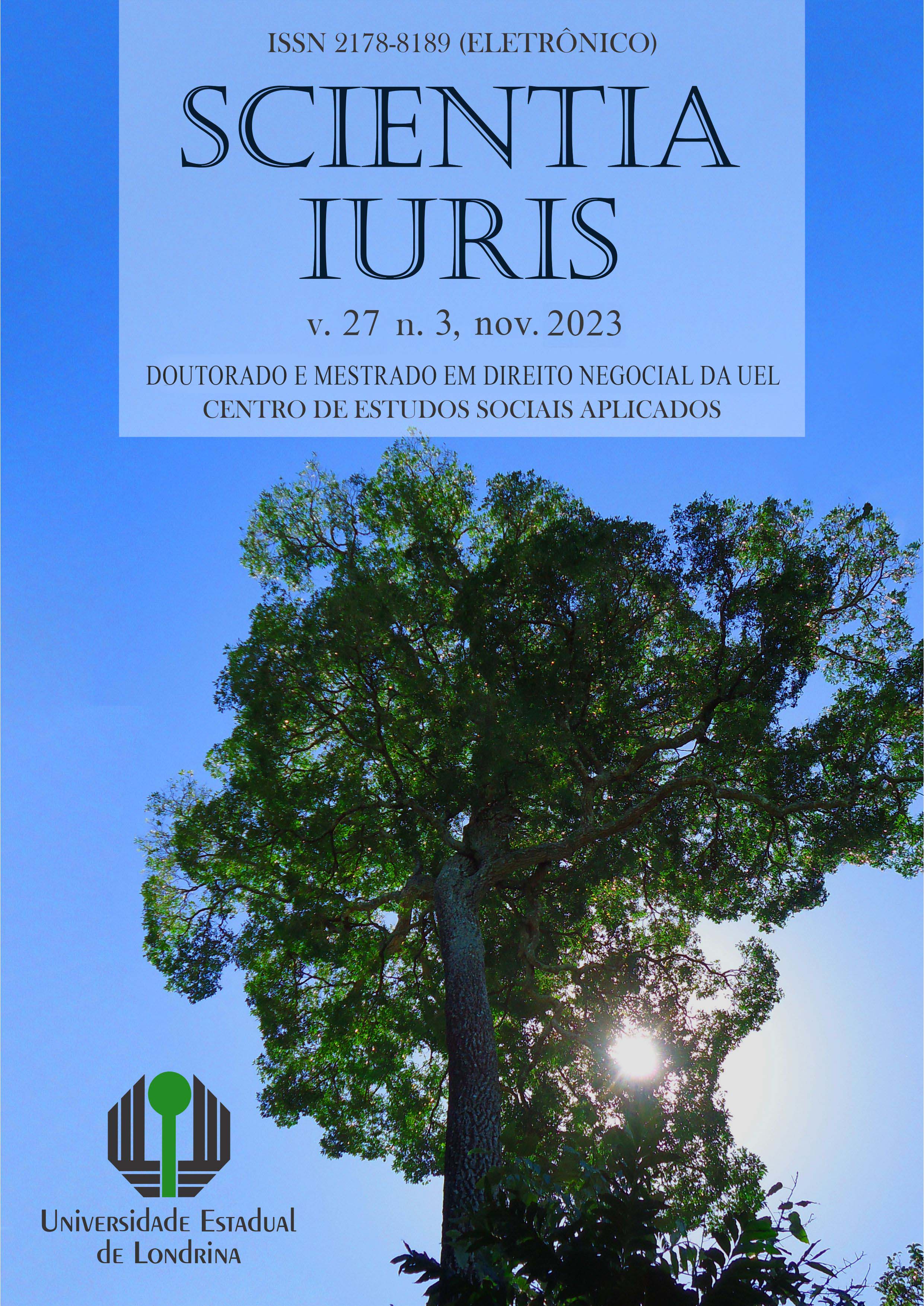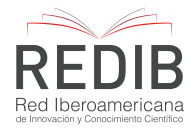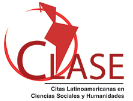Forest Stewardship Council’s contributions to sustainable development: conjugation of interests by governance mechanisms
DOI:
https://doi.org/10.5433/2178-8189.2023v27n3p75-93Keywords:
Private Environmental Certification; FSC; ODS; Governance; Soft law.Abstract
In the context marked by transnationality, new modes of environmental standardization appear, not marked by state power with its traditional legal instruments of command and control. Private instruments stand out, such as the Forest Stewardship Council (FSC), which aim to tackle complex issues, such as the environmental ones, for which conventional instruments alone have not been effective in many cases. The purpose of this article is to demonstrate that the way the FSC is structured has positive impacts for sustainable development. Based on broad governance, with equal participation of representatives from the three pillars: social, environmental and economic, it manages to combine the interests of several stakeholders, contributing to global environmental governance, as a soft law instrument. In addition, its actions are guided by ten broad principles and standards that also align with the Agenda 2030 SDGs. The research was exploratory, bibliographic and documentary, so that the data collected were analyzed using the dialectic and deductive method. It is concluded that, in the search for sustainable development, as one of the first collective emergencies, the FSC has played an important role in inducing changes in the environmental paradigm of forest management and the chain of custody of wood. Lessons learned at the FSC case study can be taken as inspiration to other initiatives on complex sustainability issues.
Downloads
Downloads
Published
How to Cite
Issue
Section
License
Copyright (c) 2023 Scientia Iuris

This work is licensed under a Creative Commons Attribution 4.0 International License.
The journal reserves the right to modify, in the original text of the submitted article, normative, spelling and grammatical mistakes in order to maintain the cultured standard of language and the credibility of the journal. The journal will respect the authors' writing style. Changes, corrections or suggestions of conceptual order will be sent to the authors, when necessary. In such cases, the articles will be re-examined. The final exams will not be sent to the authors. The published works become the property of the journal, in other words, its total or partial reprinting is subject to the express authorization of the journal. In all subsequent citations, the original source of publication shall be cited and in the case of Photographic Speeches, shall be approved by the original author. The opinions expressed by the authors of the journal’s articles are of their sole responsibility.















